Published: January 10, 2023 | Last Updated on: January 12, 2023 | by Hema
A pregnancy diet is the biggest concern for every mother. But first, if you have embarked upon this beautiful journey, congratulations! Typically, you are aware of how beneficial most nuts are for health, and that almonds are a true nutritional powerhouse. However, given that you are expecting, you may be doubting whether eating almonds during pregnancy is still a good idea. Read this blog till the end to ease your concerns.
Jump To hide 1. Is Eating Almonds During Pregnancy Recommended? 2. Does Eating Almonds During Pregnancy Cause Birth Defects? 3. Does It Increase the Rate of Morning Sickness? 4. How Many Almonds Should You Consume? 5. When is the Ideal Time to Eat Almonds While Expecting? 6. Are There any Fatal Side Effects of Eating Almonds During Pregnancy? 7. How to Include Almonds in Your Diet? 8. Are there any Specific Precautions to Take? Frequently Asked Questions Can you eat wet almonds during pregnancy? Are almonds healthy for a baby’s brain? Is it okay to eat nuts while pregnant? Is it healthy to eat almonds every day? Do almonds cause weight gain? Buy Healthy Nutritious Baby, Toddler food made by our own Doctor Mom !Almonds play a key role at this stage of a woman’s life when she must consume all the necessary nutrients for a healthy pregnancy. They are rich in vitamins, minerals, proteins, calcium, and other nutrients that are all good for fetal development. And they taste great, too! Let’s discuss the common concerns below:
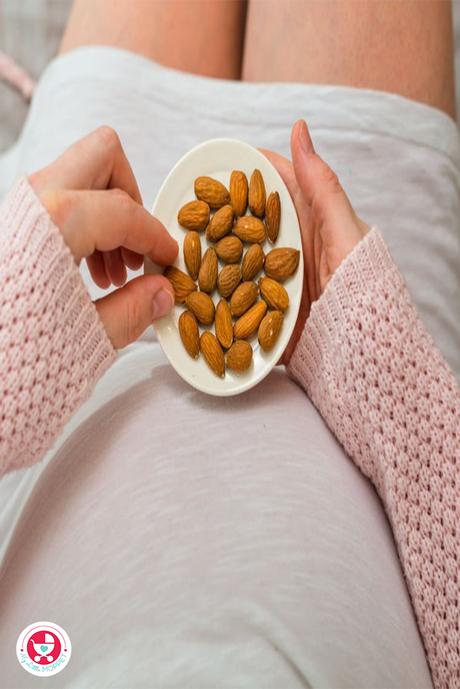
1. Is Eating Almonds During Pregnancy Recommended?
Eating almonds during pregnancy is not only safe but also advantageous if they are consumed in moderation and with some precautions. Almond consumption during pregnancy is only dangerous if you have a nut allergy.

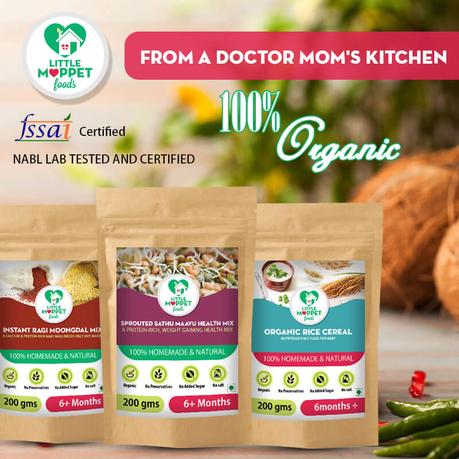

In that case, it’s crucial to obtain a doctor’s advice before including them in the pregnant diet. However, the likelihood of developing an allergy to almonds while pregnant is extremely unlikely if you had never experienced one before becoming pregnant.
2. Does Eating Almonds During Pregnancy Cause Birth Defects?
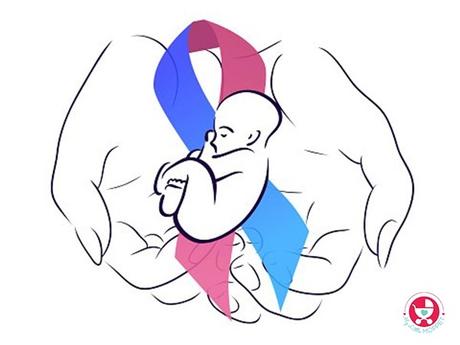
Not at all! If you consume enough almonds in your diet both before and during pregnancy, you can prevent birth defects.
Almonds are rich in folate, also known as folic acid or vitamin B9, which can help prevent neural tube defects (NTDs), which are birth defects of the brain and spine. Almonds also support the fetus’s healthy development in the first trimester of pregnancy.
3. Does It Increase the Rate of Morning Sickness?

During the first three months of pregnancy, morning sickness, also known as nausea and vomiting of pregnancy (NVP), is a typical symptom. About 80% of pregnant women experience this and you might be one of them.
Almonds are rich in Riboflavin because they contain about 25% of the daily recommended amount. The essential nutrient riboflavin, also known as vitamin B2, gives your body energy while you are pregnant. You can reduce fatigue and morning sickness by eating almonds during pregnancy. Muscle cramps, which are frequent in pregnant women, may also be prevented by it.
4. How Many Almonds Should You Consume?
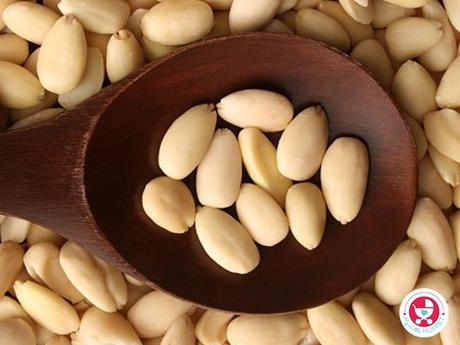
Dietary recommendations state that a typical person can consume 20–23 almonds without experiencing any harm. Almonds should, however, not be eaten all at once but rather distributed throughout the day, for example, from 5 to 6 in the morning, some at lunch, and then some in the evening.
As per the doctors, you can eat 6–8 almonds per day while pregnant. You won’t need to eat any more almonds than this to get all the nutrients you need each day. You’ll also be eating a variety of other foods, and your doctor might even suggest a special diet while you’re expecting. You will therefore need to maintain a balanced, healthy diet.
5. When is the Ideal Time to Eat Almonds While Expecting?

Almond consumption should begin as early as the first week of your pregnancy, or ideally in the first trimester. Almonds can be soaked the night before and eaten for breakfast the next day. They can be a part of your lunch, dinner, or late-night snacks as well.
You should avoid eating almonds during pregnancy right before bedtime. Consume them a couple of hours before going to bed; in fact, you should eat your last meal of the day a couple of hours before bedtime while pregnant.
6. Are There any Fatal Side Effects of Eating Almonds During Pregnancy?
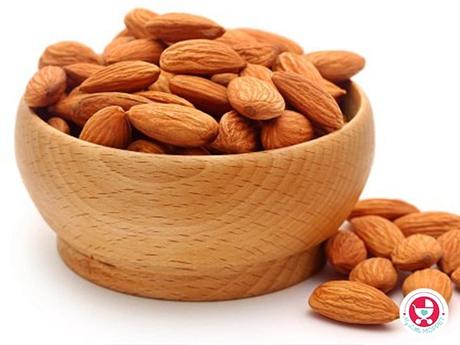
Unless you eat too many almonds, there are no negative effects from eating them. The consumption of excessive amounts of almonds has been linked to weight gain, nervous breakdowns, and breathing issues.
Additionally, almonds contain a lot of fiber, which if consumed in excess can result in constipation and make you feel bloated, crampy, or gassy. Consult a doctor before including almonds in your diet if you are allergic to nuts or have any other type of allergy.
7. How to Include Almonds in Your Diet?
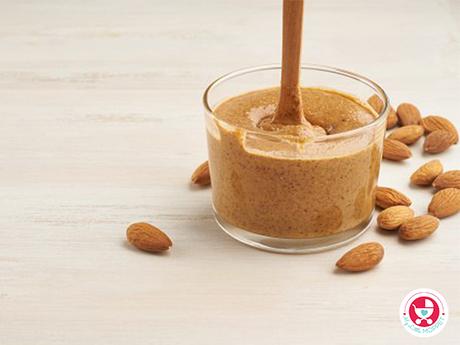
A handful of uncooked almonds makes a tasty snack. They can also be added whole or sliced to your morning cereal. You can also make raw almond butter to spread on toast. Raw almonds that have been sliced are also delicious on salads.
8. Are there any Specific Precautions to Take?
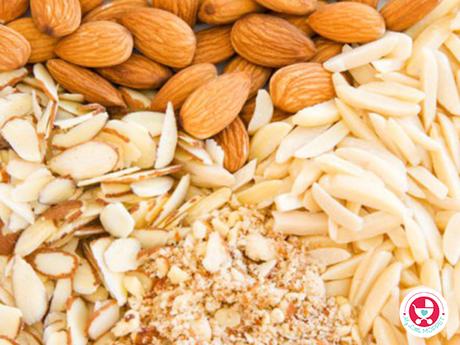
One ounce of almonds contains 48% of the daily recommended amount of vitamin E, making them one of the best sources of this vitamin. Green leafy vegetables and fruits, as well as other beneficial foods for pregnancy, contain significant amounts of vitamin E. The effects of consuming too much vitamin E include headaches, diarrhea, and blurred vision.
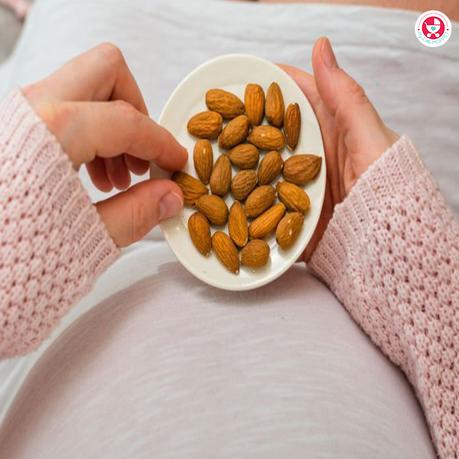
In a nutshell, eating almonds during pregnancy can help pregnant women in a variety of ways, including regulating bowel movement, preventing constipation, reducing pregnancy swelling, preventing birth defects, and alleviating morning sickness. They also benefit a mother’s overall health and her baby’s birth weight.
If you’re pregnant and haven’t yet included almonds in your daily diet, now is the time. If you found this information useful, please share it with others.
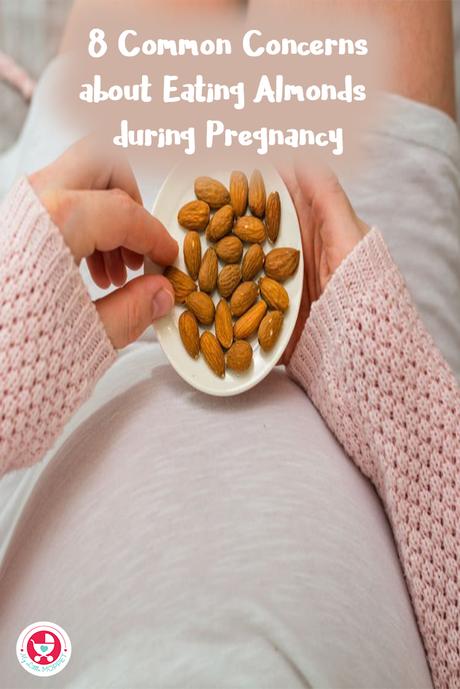
Frequently Asked Questions
Can you eat wet almonds during pregnancy?
Yes, you can unless you are allergic to them. Soaked almonds release enzymes that aid digestion and increase the nut’s nutritional value.
Are almonds healthy for a baby’s brain?
Raw or soaked almonds are the best sources of folic acid, which aids in the development of the baby’s brain and neurological system.
Is it okay to eat nuts while pregnant?
According to one study, eating nuts while pregnant protects your child from allergies later in life. As a result, you can consume a safe proportion of nuts such as almonds and peanuts to reduce the likelihood of allergies in children.
Is it healthy to eat almonds every day?
Consuming almonds daily can be beneficial for pregnancy in a variety of ways.
Do almonds cause weight gain?
Consuming almonds in large quantities can lead to weight gain. It is advisable to eat 6-8 almonds daily during pregnancy.
Buy Healthy Nutritious Baby, Toddler food made by our own Doctor Mom !
Shop now!You may also like
- 10 Things You Should Know About Eating Jackfruit during…

- What Are the Benefits of Eating Plums During Pregnancy? How…

- Can I give my Baby Almonds?
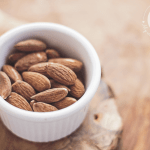
- How to Overcome Common Breastfeeding Problems

- 4 Common Nutritional Deficiencies in Children

- 7 Vegan Substitutes for Common Kid Foods

Filed Under: Moms, Pregnancy Tagged With: benefits of eating almonds during pregnancy, best time to eat nuts during pregnancy, eating almonds during pregnancy, Is it safe to eat almonds during pregnancy
